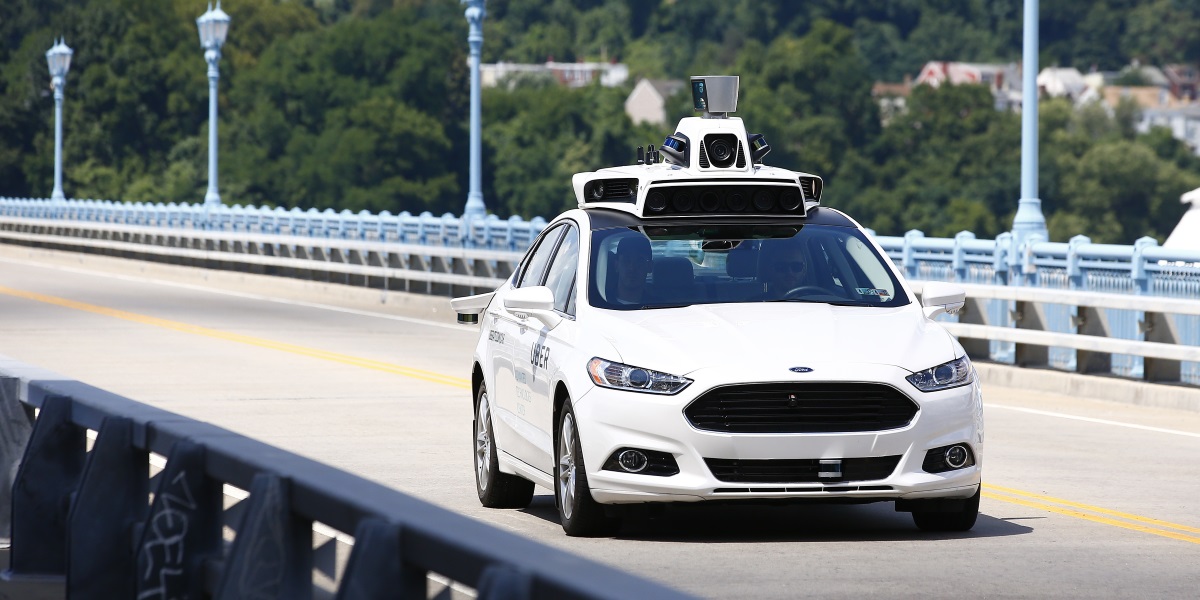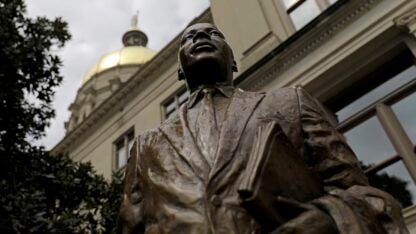With its traffic woes, research universities and corporate offices, metro Atlanta seems uniquely positioned to steer the development of driverless vehicle innovation, according to this week’s Atlanta Business Chronicle.
At Georgia Tech, the research is focused on the field of perception — which includes the technologies that allow a vehicle to identify, classify and track objects around it. Researchers are developing software for camera-based 3D mapping. Cameras, radar and lidar systems identify objects, their composition and their speed. 3D mapping lets the car build a model in real time of the world around it, based on the data its sensors and cameras pick up.
Georgia Tech is also working on the public policy side, studying how cities will need to adapt roads, traffic management, parking regulations, even mass transit for a driverless car future.
Georgia Tech has retrofitted a Porsche Cayenne to drive autonomously. With six across town, Kennesaw State University is working with Atlanta-based electric car maker Wheego to develop drive by wire technologies that would, in an emergency, enable customer support to take over control of the car, or access the vehicle’s diagnostic data.
KSU is also studying concepts such as platooning — where autonomous vehicles can travel in tight groups safely and efficiently.

9(MDAxODM0MDY4MDEyMTY4NDA3MzI3YjkzMw004))








